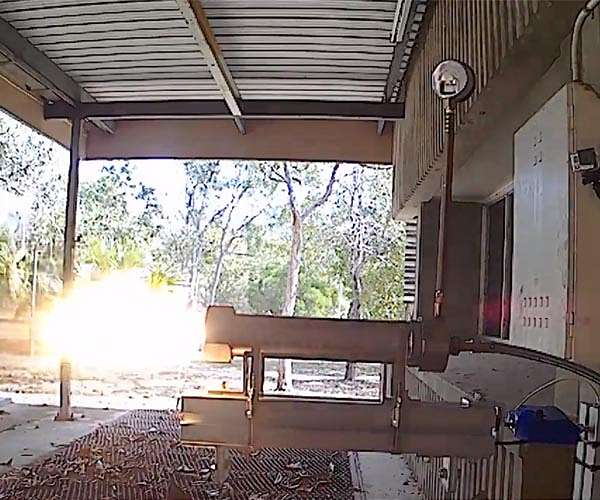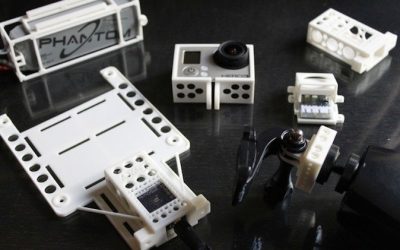The scientists 3D printed the rocket and then made a test rig for it at JCU’s Townsville campus.
They tested the fuel grain recipes in three second burns of the motor, before dissecting the fuel cells to further analyse their performance. James Cook University scientists in Australia are using 3D printing to create fuels for rockets, and using tailor-made rocket motors they’ve built to test the fuels.
JCU lecturer in mechanical engineering Dr Elsa Antunes led the study, which made use of the revolutionary and rapidly advancing 3D printing technology. The JCU scientists 3D printed fuel grains (solid, plastic-based fuel) for the hybrid rockets using plastics and other materials. “We wanted to explore the viability of using commercially available 3D printing materials in the manufacture of hybrid rocket fuel grains. We knew that the common plastic Acrylonitrile Butadiene Styrene (ABS) has shown promise so we decided to test that […]
Case Study: How PepsiCo achieved 96% cost savings on tooling with 3D Printing Technology
Above: PepsiCo food, snack, and beverage product line-up/Source: PepsiCo PepsiCo turned to tooling with 3D printing...




0 Comments